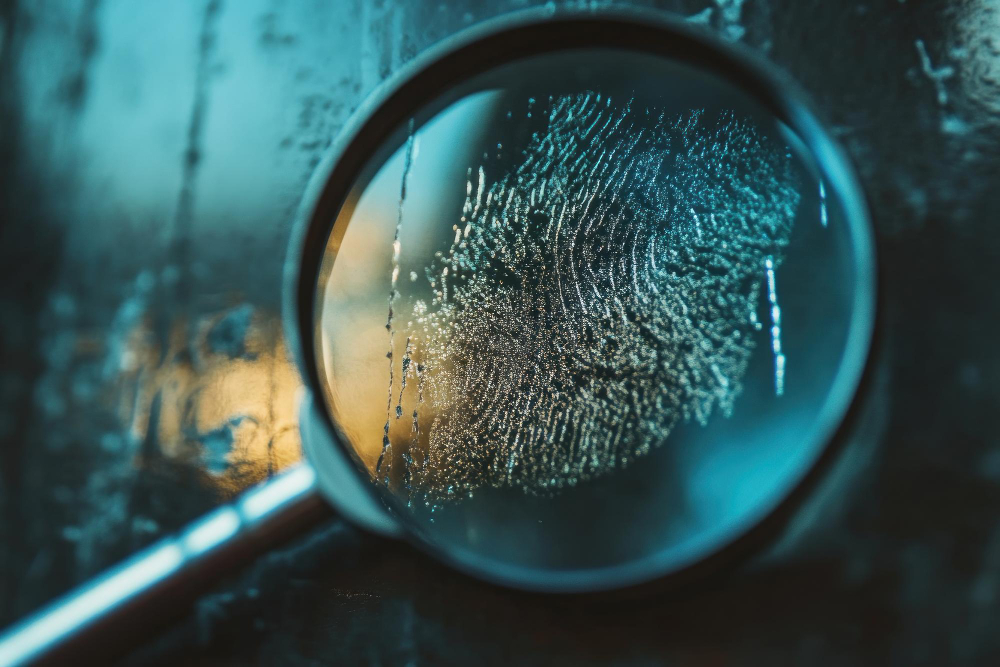
The Fascinating Role of Registered Nurses in Forensic Investigations
In the intricate world of forensic investigations, where science intersects with law to unravel truth and deliver justice, a unique and increasingly vital profession has emerged: forensic nursing. While often overshadowed by their detective counterparts portrayed on screen, Registered Nurses (RNs) specializing in forensics play an absolutely fascinating and indispensable role.
They seamlessly bridge the gap between healthcare and the legal system, leveraging their medical expertise and compassionate nature to meticulously gather evidence, advocate for victims, and contribute significantly to the pursuit of justice.
This article delves into the multifaceted and compelling world of forensic nursing.
The Intersection of Medicine and Law
Forensic nursing is a specialized field within nursing that focuses on the care of patients who are victims or perpetrators of crime, violence, abuse, or disaster. It’s a discipline that demands a unique blend of clinical skills, investigative acumen, and unwavering empathy. Forensic nurses apply their nursing knowledge in a legal context, acting as a crucial link between the medical and legal systems.
They are trained to recognize, document, and preserve forensic evidence while simultaneously providing holistic care to patients in often traumatic situations. This dual role – caregiver and investigator – makes them uniquely positioned to contribute to the pursuit of justice.
Where Forensic Nurses Operate
The work of a forensic nurse is far from confined to a single setting. Their expertise is sought after by various organizations and numerous environments, reflecting the diverse nature of forensic investigations: Here are a few examples of Forensic Nursing jobs.
- Sexual Assault Nurse Examiners (SANEs): Perhaps the most widely recognized role, SANEs provide specialized care to victims of sexual assault. They are meticulously trained to conduct sensitive medical forensic exams, collecting crucial DNA evidence, documenting injuries, and offering emotional support. SANEs are adept at creating a safe and trauma-informed environment for survivors, ensuring their medical and legal needs. Additionally, their testimony in court can be pivotal in prosecuting sexual assault cases.
- Death Investigation: Forensic nurses are increasingly involved in death investigations, working alongside medical examiners and coroners. They can assist in scene investigations, document post-mortem findings, collect trace evidence, and contribute to determining the cause and manner of death. Their nursing background provides a valuable perspective in understanding medical history and potential underlying health conditions that might be relevant to the investigation.
- Domestic Violence and Child Abuse: Recognizing the signs of abuse and neglect is a core skill for all nurses, but forensic nurses are specialists in this area. They can identify patterns of injury, document inconsistencies in patient narratives, and gather evidence that can be crucial in protecting vulnerable populations. They work in hospitals, emergency rooms, and specialized clinics, ensuring that victims of domestic violence and child abuse receive appropriate medical care, support, and access to legal resources.
- Mass Fatalities and Disaster Response: In large-scale incidents like mass disasters or terrorist attacks, forensic nurses can be vital in victim identification, documentation of injuries, and collection of evidence. Their ability to work under pressure, combined with their medical and forensic knowledge, makes them invaluable in chaotic and high-stress environments.
Skills and Responsibilities
The fascinating role of forensic nurses extends far beyond basic nursing care. They possess a unique skill set and shoulder significant responsibilities:
- Meticulous Evidence Collection and Preservation: Forensic nurses are rigorously trained in evidence collection techniques, understanding the importance of chain of custody and maintaining the integrity of forensic samples. They meticulously document injuries, collect swabs, clothing, and other potential evidence, ensuring it is admissible in court.
- Comprehensive Documentation: Accurate and detailed documentation is paramount in forensic investigations. Forensic nurses are adept at recording patient statements, observations, and findings in a clear, objective, and legally sound manner. Their medical records often become critical pieces of evidence in legal proceedings.
- Victim Advocacy and Support: Beyond the investigative aspects, forensic nurses are first and foremost patient advocates. They provide compassionate care, emotional support, and crisis intervention to victims of trauma. They ensure patients are informed of their rights, understand the legal process, and have access to resources like counseling and legal aid.
The Impact and the Future of Forensic Nursing
The contributions of forensic nurses are profound. They not only provide essential medical care to individuals impacted by violence and crime but also play a critical role in the pursuit of justice.
With a Bachelor’s in Health Science along with an MBA, Sarah Daren has a wealth of knowledge within both the health and business sectors. Her expertise in scaling and identifying ways tech can improve the lives of others has led Sarah to be a consultant for a number of startup businesses, most prominently in the wellness industry, wearable technology and health education. She implements her health knowledge into every aspect of her life with a focus on making America a healthier and safer place for future generations to come.
Disclaimer: The viewpoint expressed in this article is the opinion of the author and is not necessarily the viewpoint of the owners or employees at Healthcare Staffing Innovations, LLC.
